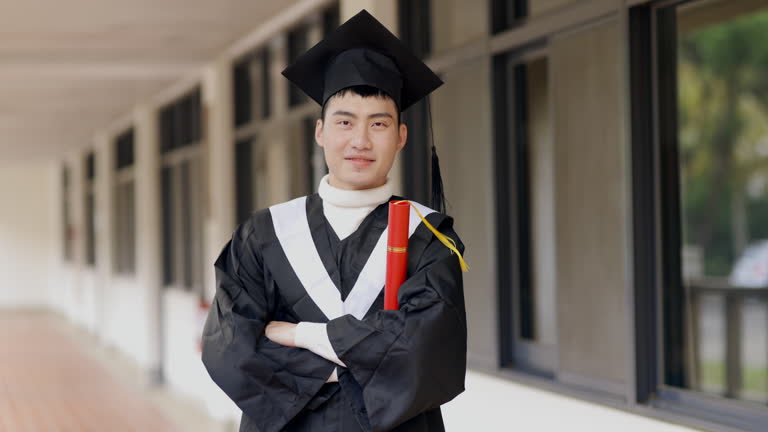Xuebaotou is more than a quirky nickname—it’s a cultural phenomenon in Chinese youth circles and educational environments. Translating roughly to “Head of the Top Students” or “Study Treasure Leader,” the term merges humor, praise, and pressure into one. Whether used to describe a straight-A student or a cartoon parody of academic obsession, Xuebaotou sits at the intersection of ambition, satire, and identity.
What is Xuebaotou and Why It Matters
Originally coined in online communities and student forums, Xuebaotou reflects the high value placed on academic success in Chinese society. It’s not a place, but a linguistic and cultural term that has snowballed into a meme, mascot, and label for students who top the charts and lead study groups with militant dedication.
In the digital age, terms like it carry symbolic weight. They not only describe behaviors but shape social expectations. As China’s education system becomes more competitive, the cultural role of Xuebaotou intensifies, painting a vivid picture of the pursuit of perfection.
Analyzing the Components: Xueba + Tou
Xueba (学霸) literally means “academic tyrant”—a slang term for students who dominate tests, assignments, and rankings. It’s usually positive but can carry undertones of envy.
Tou (头) simply means “head” or “leader,” making Xuebaotou a logical extension. It’s akin to calling someone a “king of nerds”—a figure both admired and poked fun at.
What “Xueba” Really Means in Chinese
“Xueba” is a widely used term in Chinese middle schools, high schools, and universities. It can be a badge of honor or a source of social isolation. The Xueba is disciplined, often introverted, and spends more time in the library than at social gatherings.
In modern usage, the term can be empowering for those who find pride in intellect—but also alienating if it sets impossible standards.
Significance of “Tou” in Language and Culture
In Chinese, “Tou” (头) often denotes leadership or superiority—like “bangtou” (帮头, gang leader) or “zhentou” (镇头, town head). Adding it to Xueba elevates the meaning, implying this person isn’t just top of the class—they’re the symbol of academic prowess.
The Evolution of Xuebaotou in Youth Culture
First appearing in Chinese internet chatrooms and Weibo threads, Xuebaotou quickly gained traction among students. It represents not just achievement, but the pressure of maintaining excellence. Many high schoolers see the term as a compliment laced with high expectations.
As China’s college entrance exam (Gaokao) became the Everest for students, it emerged as the climber who never falls—even when exhausted.
How Xuebaotou Became an Internet Icon
Soon, illustrators began drawing Xuebaotou characters—glasses-wearing, book-carrying, and often humorously rigid. It became a meme on Bilibili and WeChat stickers, portraying scenes like a Xuebaotou refusing to sleep until finishing every textbook.
In a way, it symbolizes both dedication and obsession. The icon serves as both a goal and a satire.
Xuebaotou in Educational Institutions
Many schools use Xuebaotou to encourage study culture, sometimes even naming student awards or mascot contests after it. Others caution against glorifying it too much, as it might marginalize average or struggling students.
FAQs About Xuebaotou
What does Xuebaotou mean?
Xuebaotou means “head of academic achievers” or “top study treasure.” It’s used to describe someone who dominates academically.
Is Xuebaotou a real person or character?
Not originally. It’s a nickname or slang term, but over time it became a cartoon character in internet culture.
Is it a compliment or insult?
Mostly a compliment, though it can imply pressure, social isolation, or over-dedication.
How do you pronounce Xuebaotou?
Pronounced “Shweh-bao-toh,” with a rising tone on the second syllable.
What’s the Western equivalent of Xuebaotou?
Something like “Valedictorian” or “Teacher’s Pet,” though with more social recognition and humor in the Chinese context.
Is Xuebaotou still a popular term in China?
Yes, especially among students and on platforms like WeChat, Douyin, and Bilibili.
Conclusion
Xuebaotou is far more than a quirky internet term—it’s a reflection of China’s deep-rooted reverence for education, academic excellence, and cultural humor. As both a compliment and a commentary, it embodies the highs of scholastic achievement and the pressures that come with it. Whether used to cheer on a star student or poke fun at obsessive study habits, it captures a uniquely Chinese blend of tradition, ambition, and modern-day expression, making it a term worth understanding in today’s globalized and digitally connected world.
